One of the important topics discussed at the Assembly was sharing geophysical data across borders. The International Union of Geodesy and Geophysics noted that geopolitical conflicts created restrictions in sharing data for scientific use. Sharing geophysical data could enhance their scientific returns and benefit the entire world.
The International Union of Geodesy and Geophysics urged National Committees and relevant national bodies to take necessary actions in their countries to support sharing of geophysical data across borders. The International Science Council (ISC) and other relevant international bodies were encouraged to support national authorities, including those involved in geopolitical conflicts, in efforts to share geophysical data.
The International Union of Geodesy and Geophysics also discussed the need for historical data preservation and open access in Earth sciences. It was stated that some crucial data had already been lost forever. There was an issue of the impending retirement of the last generation of geoscientists familiar with the use of analogue data, along with the loss of knowledge on how these data were recorded, calibrated, and analyzed.
The Union recognized the rising value of long-term data series in geosciences, the increasing capabilities of computational infrastructure to facilitate storage, management, and access of data and information, and also the growing recognition of the importance and benefits of the standardization of data formats.
The scientific community and their scientific bodies worldwide were encouraged to participate in the improvement of analogue data recovery, preservation, digitization, and open distribution using established standards and digital repositories to bridge the existing divide between researchers who only use digital records and those who are familiar with analogue ones. The scientists were recommended to document the data, include the procedures originally used to generate these records in their associated metadata, and also develop improved tools for their use.
The Union urged the International Science Council, UNESCO, WMO, and other relevant international bodies to assist national authorities in this mission, the funding agencies to support the effort to rescue valuable analogue data, and the scientific community to contribute to the development of unified standards as well as the coordination of digital repositories while following FAIR principles.
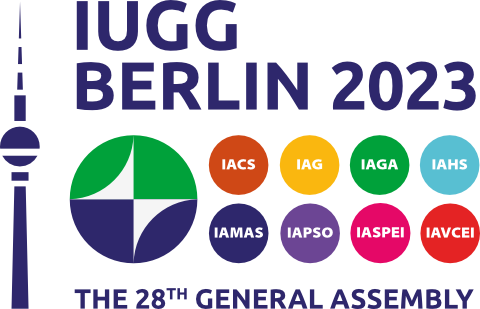


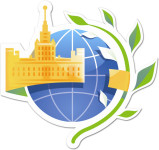
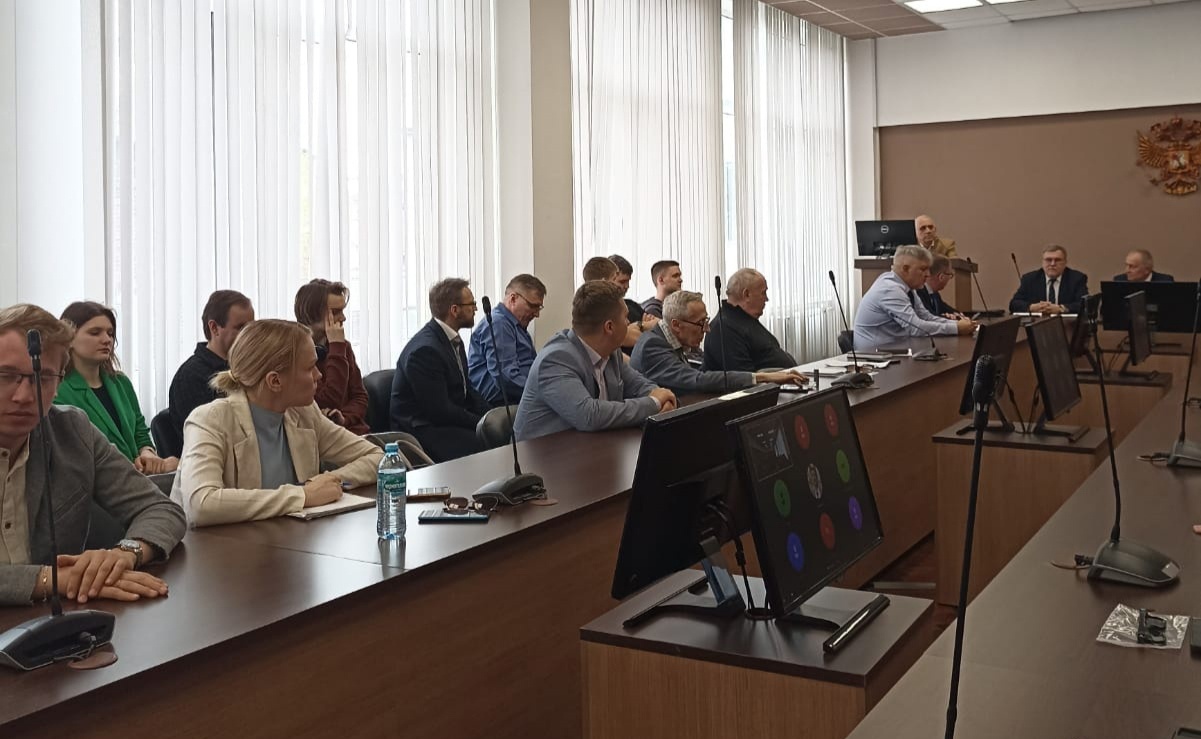
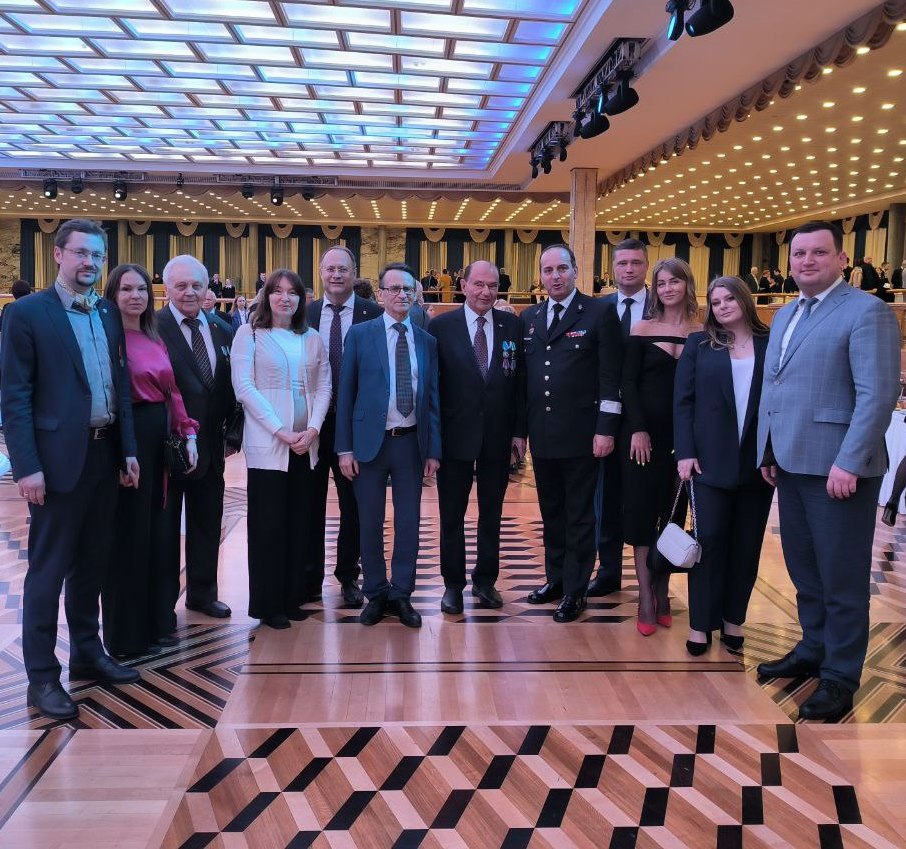
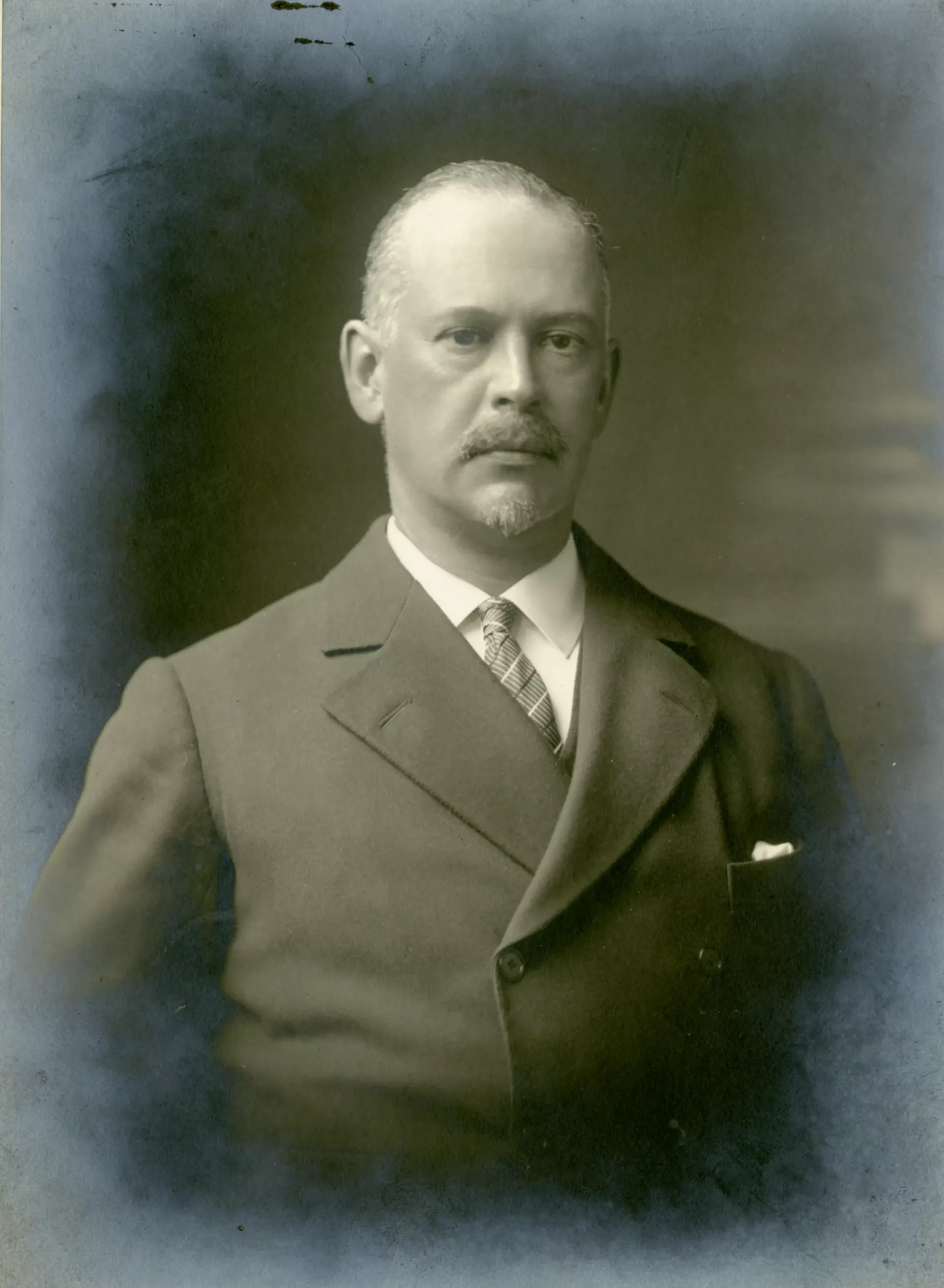
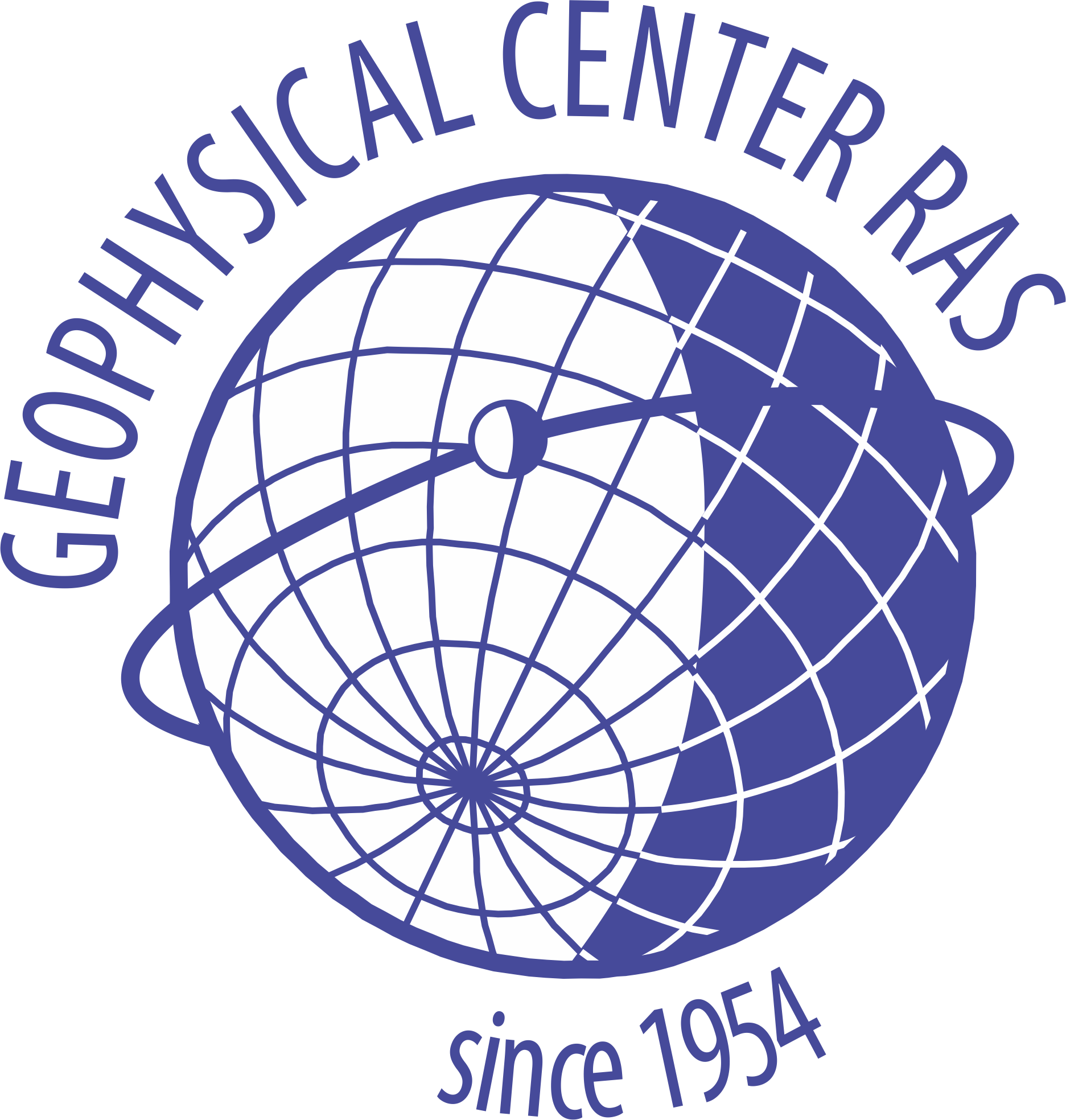

 Analytical Geomagnetic Data Center
Analytical Geomagnetic Data Center
